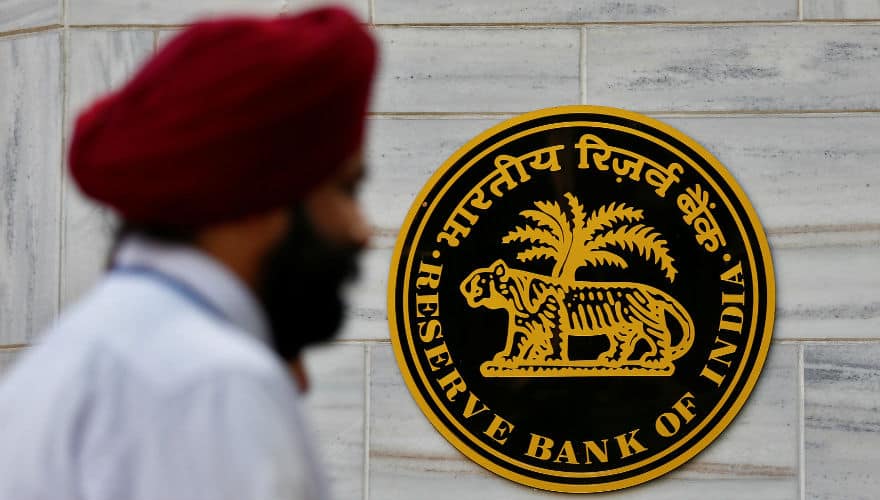An Indian government panel tasked to look into cryptocurrency policy is reportedly in favor of a sweeping ban on cryptocurrency dealings. Besides making it completely illegal within the world’s second-most populous nation, those breaking the proposed regulations may face up to a ten-year prison sentence as well as hefty fines of up to 250 million rupees ($3.63 million).
Instead, the panel recommends investigating the possibility of issuing a government-backed cryptocurrency under the central bank’s oversight in order to provide greater transaction transparency. Dubbed “digital rupee,” the new coin should put a legal standard in place when it comes to digital transactions, prevent the system becoming havens for fraudsters and money launderers, and would presumably not land users in jail.
Led by the Ministry of Finance, the committee comprises of a number of government ministries and other authorities including the Reserve Bank of India.
The Indian government has issued repeated warnings against digital currency investments, saying these were like “Ponzi schemes” that offer unusually high returns to early investors.
Several initiatives to regulate cryptos
India’s finance minister recently appointed a dedicated panel that was tasked with examining the existing framework of Cryptocurrencies and coming up with measures for dealing with the digital assets.
The panel has yet to decide on how the government can consider bringing in legislation to stop crypto transactions and which body will have regulatory oversight over the market.
Participants in India’s Bitcoin market expressed their disappointment as they were hoping for some form of legislation to regulate the activities of local exchanges.
The action comes as monetary authorities around the world have begun to confront the issue of cryptocurrency, which in part was driven by intense demand from India.
Facebook, as well as other internet outfits, including Telegram and Signal, were planning to roll out their cryptocurrencies in India as active users in the country have grown more than twice as fast as they are in other regions, including the United States.
Although both the government and the Reserve Bank of India have not imposed any restrictions on the P2P transactions, they completely forbidden cryptocurrencies. While the central bank has banned banks from dealing in virtual coins, the government is now drafting a law that would propose a jail sentence for any crypto users.

















